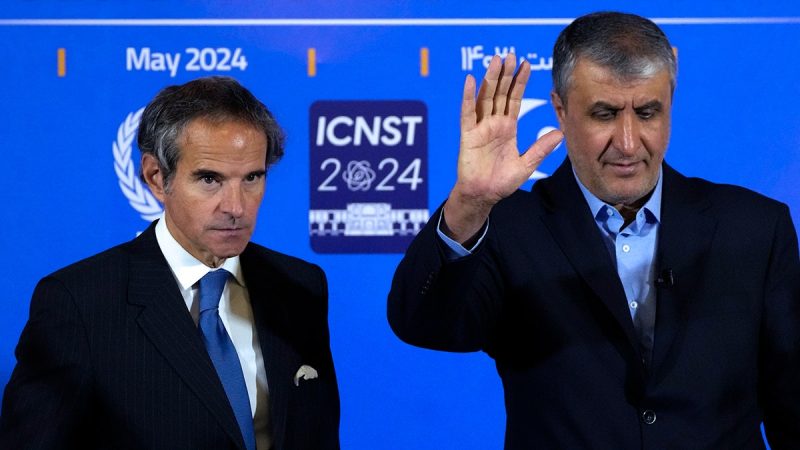In a recent development that has raised concerns among global powers, Iran has increased its uranium enrichment levels to near weapons-grade, a move that suggests Tehran’s aims to bolster its nuclear capabilities. The International Atomic Energy Agency (IAEA) has reported that Iran has enriched uranium to 60% purity, a significant escalation from the previously agreed limit of 3.67% under the terms of the 2015 nuclear deal.
Iran’s decision to enrich uranium to near weapons-grade levels represents a clear violation of the Joint Comprehensive Plan of Action (JCPOA), the international agreement aimed at limiting Iran’s nuclear activities in exchange for sanctions relief. The move has sparked condemnation from the United States and other signatories to the deal, who see it as a provocative step towards developing nuclear weapons.
The timing of Iran’s decision to increase uranium enrichment levels has raised eyebrows, coming just as negotiations to revive the JCPOA are at a delicate stage. The new development is seen as a negotiating tactic by Iran to press for the lifting of sanctions imposed by the US after its withdrawal from the agreement in 2018.
The increase in uranium enrichment levels is a worrisome development for regional stability and global security. The prospect of Iran acquiring nuclear weapons has long been a source of concern for the international community, with many fearing that it could trigger a nuclear arms race in the Middle East.
The IAEA watchdog has called on Iran to cooperate fully with its inspectors and provide all necessary information to ensure the peaceful nature of its nuclear program. The agency’s director-general, Rafael Grossi, has emphasized the importance of transparency and compliance with international safeguards to build confidence in Iran’s nuclear activities.
In response to Iran’s provocative actions, the US and its European allies are considering their next steps, which could include tightening sanctions or other punitive measures. The Biden administration has expressed its willingness to engage in diplomatic efforts to address Iran’s nuclear ambitions but has also made it clear that it will not tolerate any threats to regional security.
The escalation of tensions over Iran’s nuclear program underscores the need for a comprehensive and long-term solution to prevent the proliferation of nuclear weapons. The international community must work together to find a diplomatic resolution that addresses Iran’s legitimate security concerns while upholding the principles of non-proliferation and disarmament.
In conclusion, Iran’s decision to increase uranium enrichment levels to near weapons-grade is a dangerous escalation that threatens regional stability and global security. The international community must act swiftly and decisively to address this challenge and prevent the further proliferation of nuclear weapons. Failure to do so could have grave consequences for the Middle East and the world at large.

